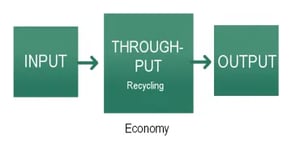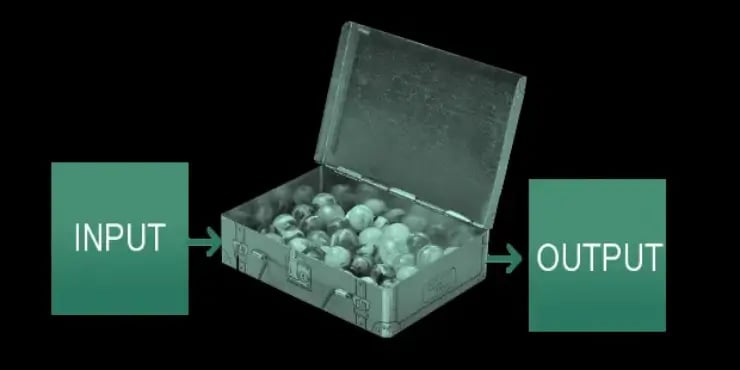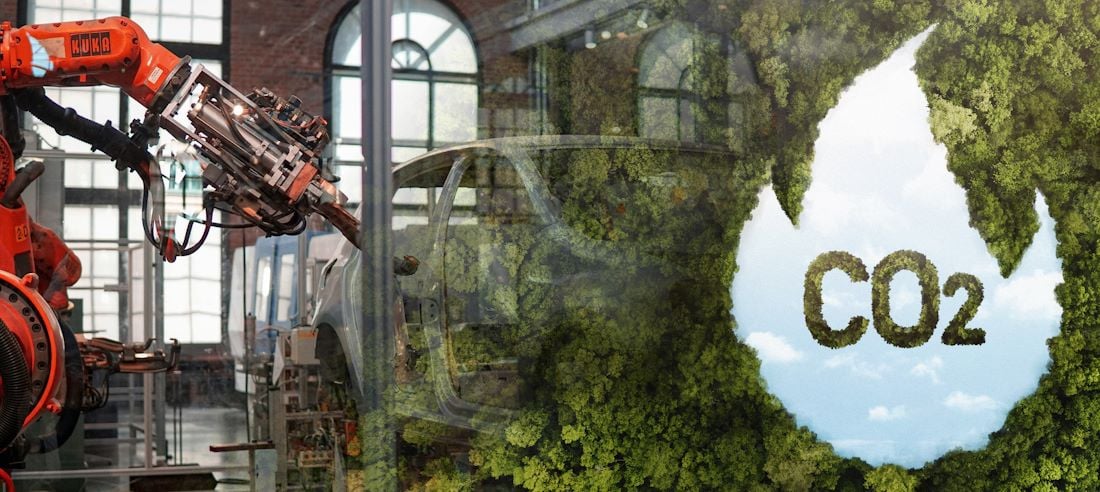We can be proud of the great wealth of reliable, good quality data that are being produced every day all over the world to inform policies, promote changes and monitor the progress of our societies.
Is what proclamed Paul Cheung exactly one year ago. Paul Cheung is United Nations Statistics Division’s director, and one year ago was the first world statistics day.
So, resuming Cheung’s message, statistics answer three purposes: informing policies, promoting changes and monitoring societal progress. In the age of a shrinking resource base and a pressing need to fight global warming, the tasks for statistics are concrete. The changes we need concern efficient use of resources, for example. The progress of society means not only promoting everyone’s environmentally friendly behaviour, but also a free market able to offer affordable and well considered green products. Both of these tasks require good data for orientation. The annual world statistics day, this very October 20th, I want to take as opportunity to give a brief introduction to a statistical concept that serves these purposes. It is called input-output economics.
When we call Sangwong Suh a vanguard of input-output economics, it is because he worked in the field of environmental management for 15 years, is a life cycle assessment expert and was the key figure to develop input-output concepts, to support and glose gaps in industrial ecology. His publications are numerous, and he is the editor of the Handbook of Input-Output Economics in Industrial Ecology. On page 44, a short and comprehensive sentence define its essence:
Input-output economics describes and analyzes the structure of an economy in terms of the interactions among industries and between them and households.
In chapter four of the handbook, Stefan Giljum and Klaus Hubacek explain why material flow accounting (MFA) as such sometimes reaches its limits. MFA analyzes the inputs and outputs of a production process completely. Simplified, the MFA approach could look like this:

It is important, however, to stress the diversity of in- and outputs. Inputs include fossil fuels, minerals and biomass, for instance, but also unused material that is linked to the extraction of raw materials. Not to forget indirect imports. On the output side, apart from the desired products, there are different kinds of emissions, exports and indirect flows. Its complexity is not too bad, though, conducting an MFA is still feasable. As say the authors (page 62):
MFA is a powerful tool for quantifying aggregated resource inputs and outputs of economic systems with relatively low effort, as for many material categories (…) data can be taken from available national or international statistics.
So material flow analysis serves the purpose of quantifying human activity, especially in industry, and its impact on nature, in terms of data. The way this is done is by accounting.
This undoubtedly brings many benefits, for instance when analyzing optimization potential for production processes. But there are also some limits. This is the reason why input-output economics were developed:
MFA accounts do neither provide information on material flows on the level of economic sectors, (…) nor do they seperate material inputs used for production processes from those directly delivered to final demand. Thus, MFA accounts (…) do not allow analyzing implications for resource use of structural and technological change, of changes in consumption behaviour and life styles, and of migration and urbanization. From this perspective, physical input-output tables (PIOTs) can be regarded as a crucial further development of material flow accounts, erasing these deficits identified for aggregated MFA accounts.
So input-output economics “open the black box” of the economy in a closed MFA cycle, illustrating not only the flows between resource base and economy, but also between the different industrial and economic sectors. In addition, the relationship between resource extraction and its use by consumers is being shed light on.
Article image based on a box with marbles by Minnesota Historical Society.Furthermore, the production sphere is separated from final demand and changes in physical stocks are accounted for on a sector level.





